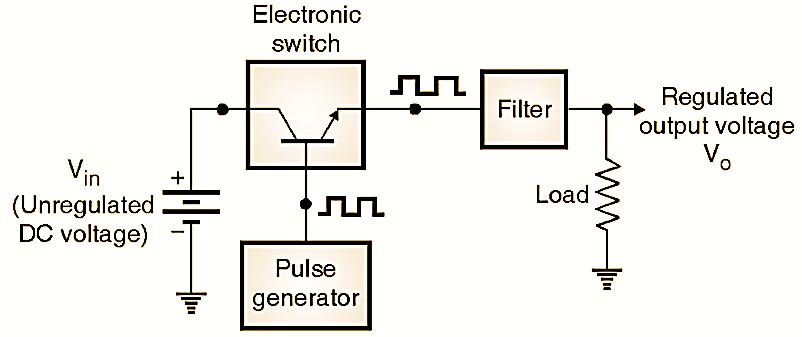SMPS Load Transient Response: A Beginner’s Guide to Fixing Power Supply Issues

When building electronics projects, one common issue you might face is an SMPS (Switched-Mode Power Supply) load transient response problem. This occurs when the power supply struggles to adjust to sudden changes in the load, such as when your project rapidly switches between low and high power consumption. This can cause voltage dips, noise, or even damage to sensitive components.
The Problem :
The load transient response refers to how quickly and accurately an SMPS reacts to a sudden increase or decrease in load. Poor response can lead to unstable voltage, affecting the performance of your electronics. It’s a challenge often seen in devices that experience rapid current changes, like microcontrollers, motors, or RF circuits.
The Solution :
To solve this, you can use a capacitor to smooth out sudden current demands. A high-quality bulk capacitor placed near the power input can help maintain voltage stability during transient changes. For more sensitive circuits, a ceramic capacitor can be added to reduce high-frequency noise.
Example :
Let’s say you’re powering a microcontroller that sometimes switches on peripherals like sensors or LEDs. When the peripherals turn on, the microcontroller may experience a voltage dip due to the sudden increase in power demand. To fix this, add a 100µF electrolytic capacitor and a 0.1µF ceramic capacitor in parallel near the power supply input. This will ensure smooth voltage, preventing glitches in the microcontroller.
Sample Calculation :
Suppose you have a 5V system and need to size a capacitor to smooth out transients. For a sudden current demand of 50mA, and assuming a voltage drop of 0.1V is acceptable, you can use the formula:
C=ΔVI×Δt
Where:
- C is the capacitance
- I is the current (50mA)
- Δt is the duration of the transient (0.01s)
- ΔV is the acceptable voltage drop (0.1V)
Plugging in the numbers:
C=0.10.05×0.01=0.005F=5000µF
This would be an ideal value, but for practicality, we usually choose a smaller value based on expected load.
Shop Now :
For your next project, check out quality SMPS capacitors and other electronic components Made in India. Explore products like MOSFETs and inductors for enhanced power management at SmartXProKits.
Support our work and India’s innovation—buy from our Make in India site!




















